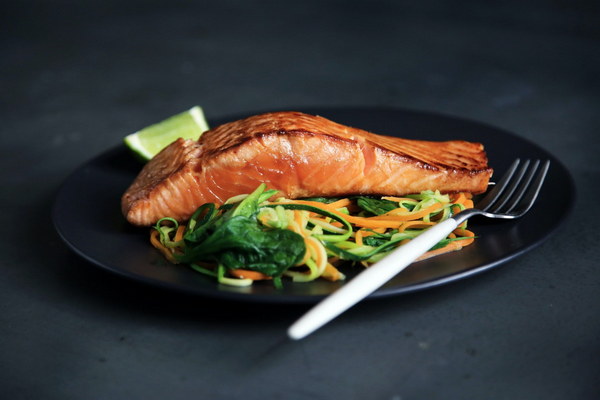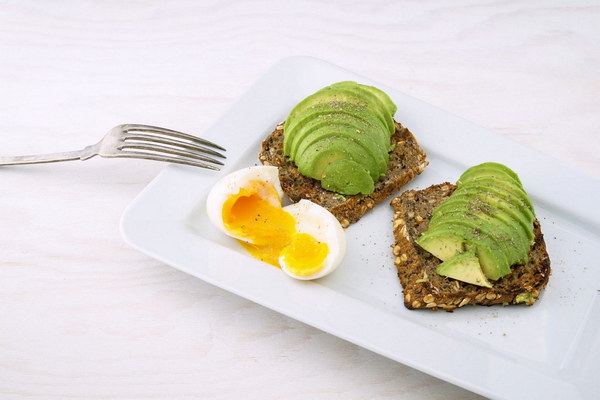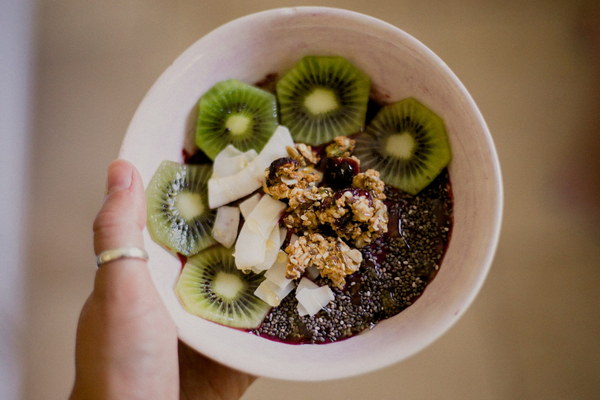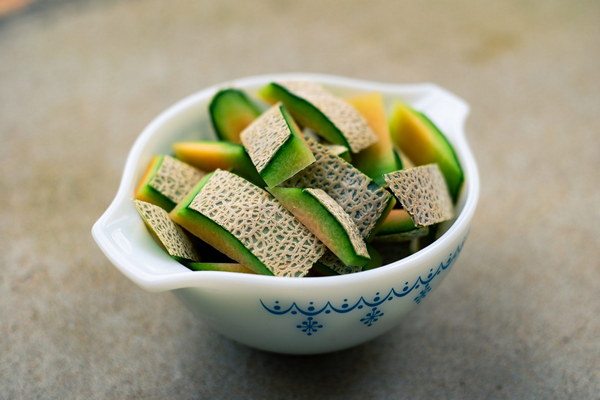Natural Remedies for Prostate Calcification A Nutritional Approach to Improve Health
Prostate calcification is a condition that affects the prostate gland, leading to discomfort and other health issues. While conventional treatments may offer relief, many individuals are seeking natural remedies to manage this condition. One such approach is through dietary adjustments that can help reduce symptoms and promote overall well-being. In this article, we will explore various nutritional strategies that can aid in managing prostate calcification.
1. Increase Water Intake
Drinking plenty of water is crucial for maintaining optimal urinary tract health. Adequate hydration helps to dilute urine and flush out toxins, which can help reduce the risk of calcium buildup in the prostate gland. Aim to drink at least eight glasses of water per day.
2. Incorporate Alkaline Foods
Alkaline foods can help balance the pH levels in the body, reducing the risk of calcium deposits. Include the following alkaline foods in your diet:
- Fresh fruits and vegetables: Berries, avocados, spinach, kale, and cucumber.
- Nuts and seeds: Almonds, chia seeds, and flaxseeds.
- Whole grains: Quinoa, brown rice, and oats.
- Legumes: Lentils, chickpeas, and black beans.
3. Limit Dairy Products
Dairy products are high in calcium, which can exacerbate calcium buildup in the prostate gland. Reduce your consumption of milk, cheese, and other dairy products. If you must consume dairy, opt for low-fat options and choose organic, grass-fed varieties.
4. Consume Healthy Fats

Healthy fats, such as omega-3 fatty acids, can help reduce inflammation and improve prostate health. Incorporate the following sources of healthy fats into your diet:
- Fish: Salmon, mackerel, and sardines.
- Nuts and seeds: Walnuts, chia seeds, and flaxseeds.
- Plant-based oils: Olive oil, coconut oil, and flaxseed oil.
5. Boost Antioxidant Intake
Antioxidants can help combat oxidative stress and reduce inflammation in the body. Include the following antioxidant-rich foods in your diet:
- Berries: Blueberries, strawberries, and raspberries.
- Dark chocolate: High in antioxidants, choose dark chocolate with at least 70% cocoa.
- Green tea: Rich in antioxidants and has anti-inflammatory properties.
- Leafy greens: Spinach, kale, and Swiss chard.
6. Maintain a Balanced Diet
A balanced diet that includes a variety of nutrients can help support prostate health. Make sure to include the following food groups:
- Fruits and vegetables: Aim for at least 5-7 servings per day.
- Whole grains: Choose whole grains over refined grains for better nutrient absorption.
- Lean proteins: Opt for lean proteins such as chicken, turkey, and plant-based sources like lentils and tofu.
- Healthy fats: Incorporate healthy fats from nuts, seeds, and plant-based oils.
7. Stay Active
Regular physical activity can help maintain a healthy weight, reduce inflammation, and improve overall well-being. Aim for at least 150 minutes of moderate-intensity aerobic exercise per week, along with strength training exercises twice a week.
8. Consider Prostate-Specific Nutritional Supplements
While dietary adjustments can make a significant impact on managing prostate calcification, some individuals may benefit from taking prostate-specific nutritional supplements. Consult with a healthcare professional to determine if these supplements are right for you.
In conclusion, managing prostate calcification through dietary adjustments can be an effective and natural approach to improve health. By incorporating these nutritional strategies into your daily routine, you can help reduce symptoms and support overall well-being. Always consult with a healthcare professional before making any significant changes to your diet or lifestyle.






![Discover the Secrets of Youth at Tianmei Beauty and Skin Care Spa, Located at [Address]](http://img.bluepurple.cn/a/养生/462/Discover-the-Secrets-of-Youth-at-Tianmei-Beauty-and-Skin-Care-Spa-Located-at-Address.jpg)


